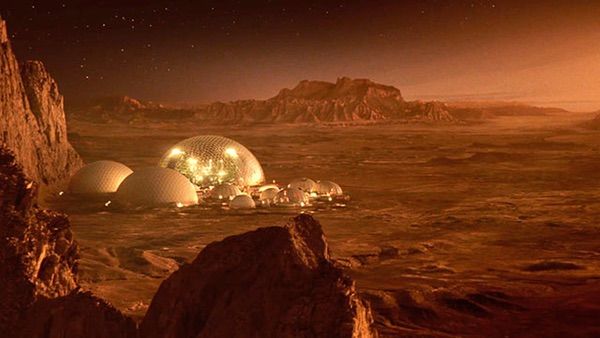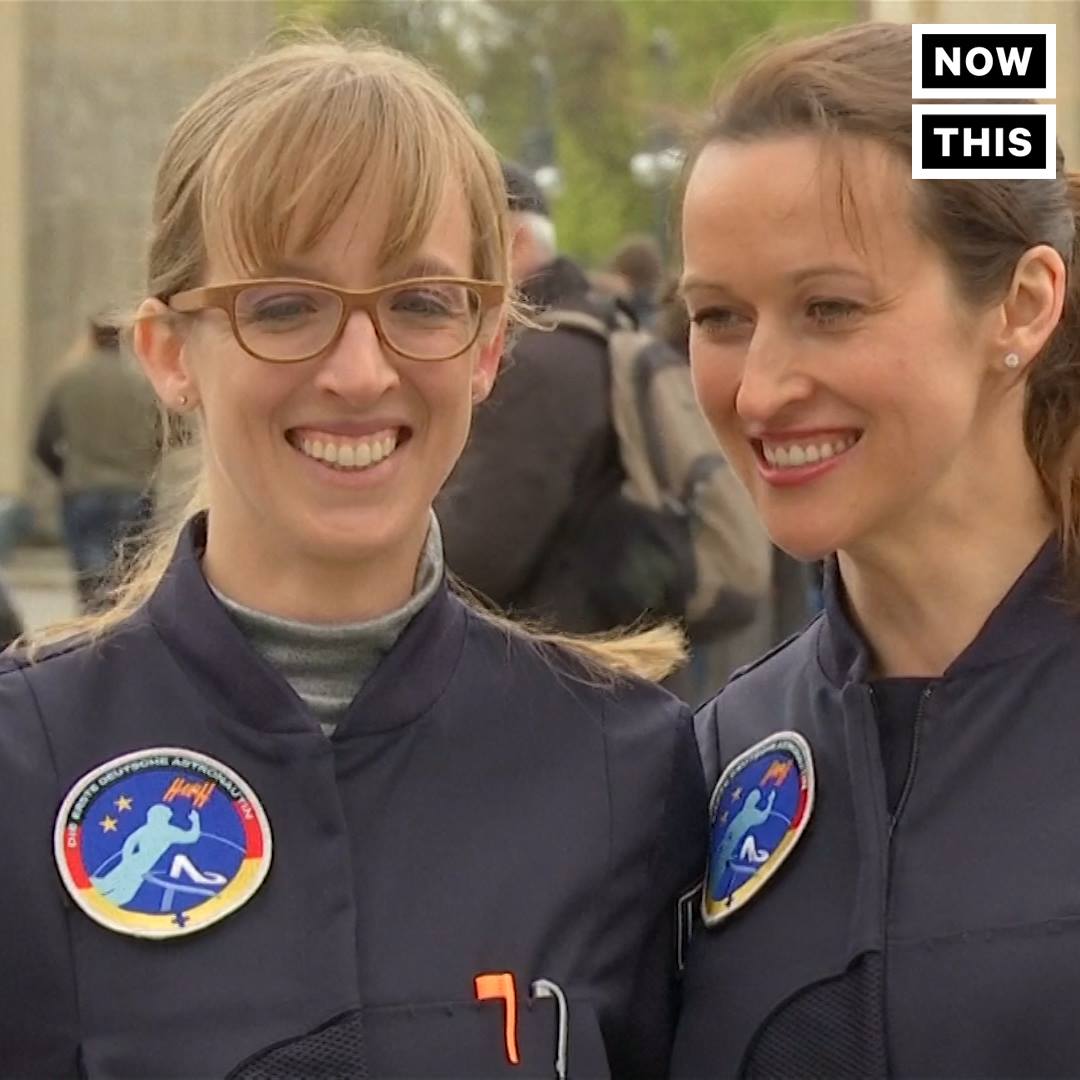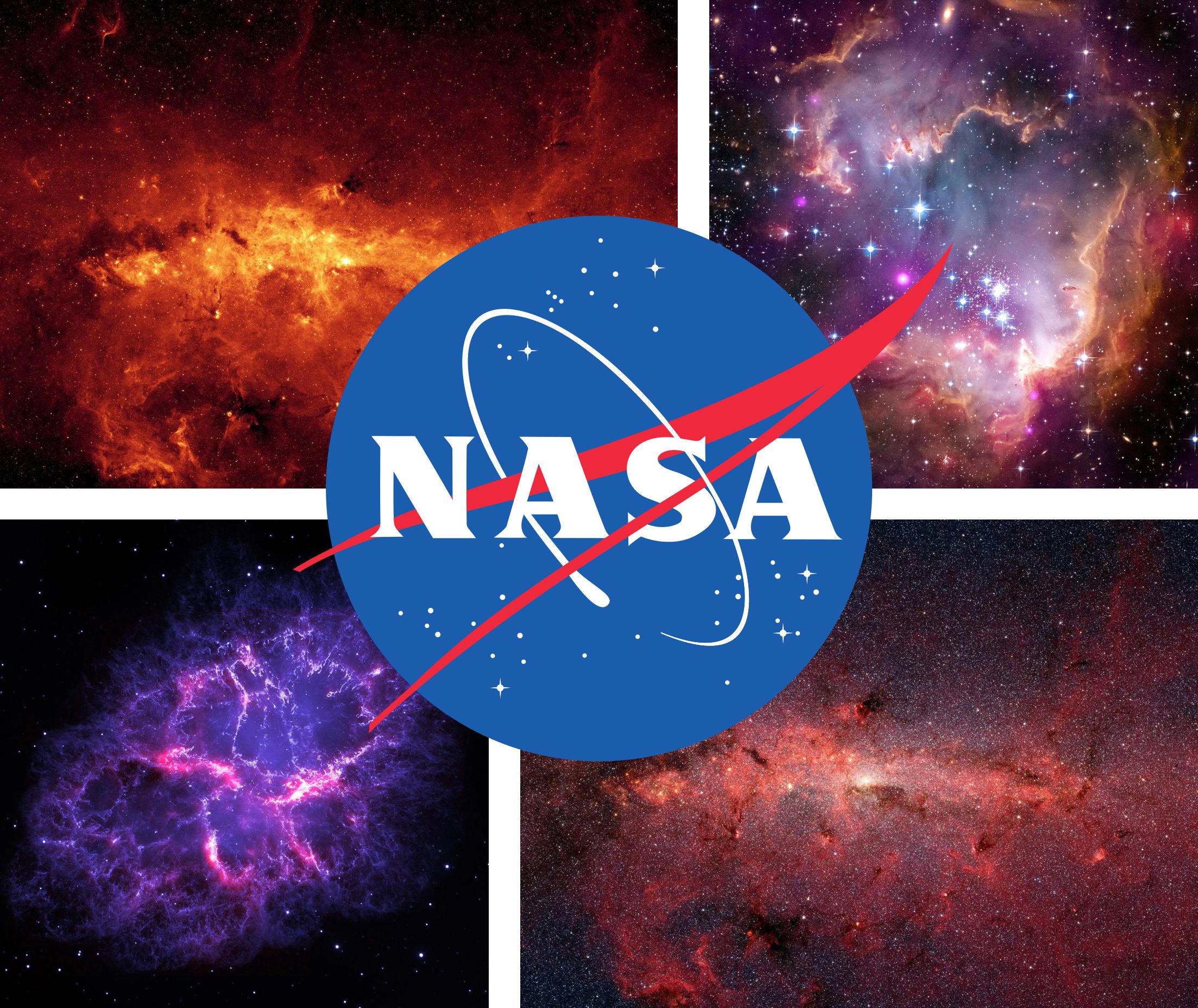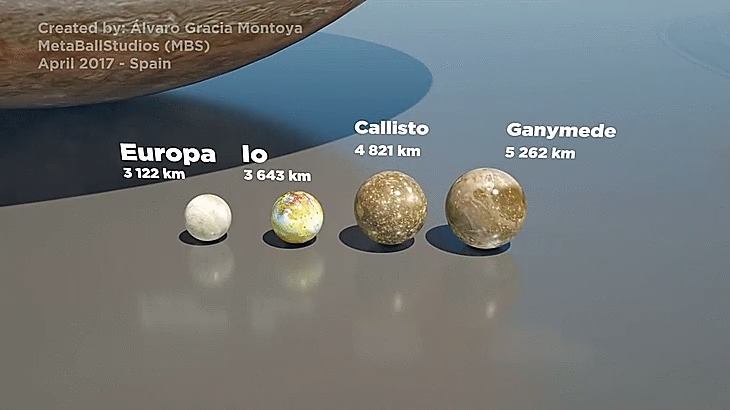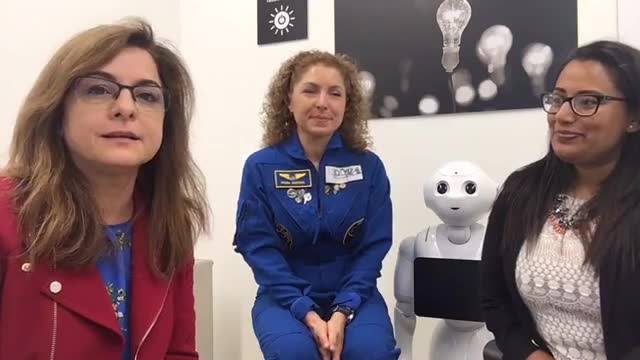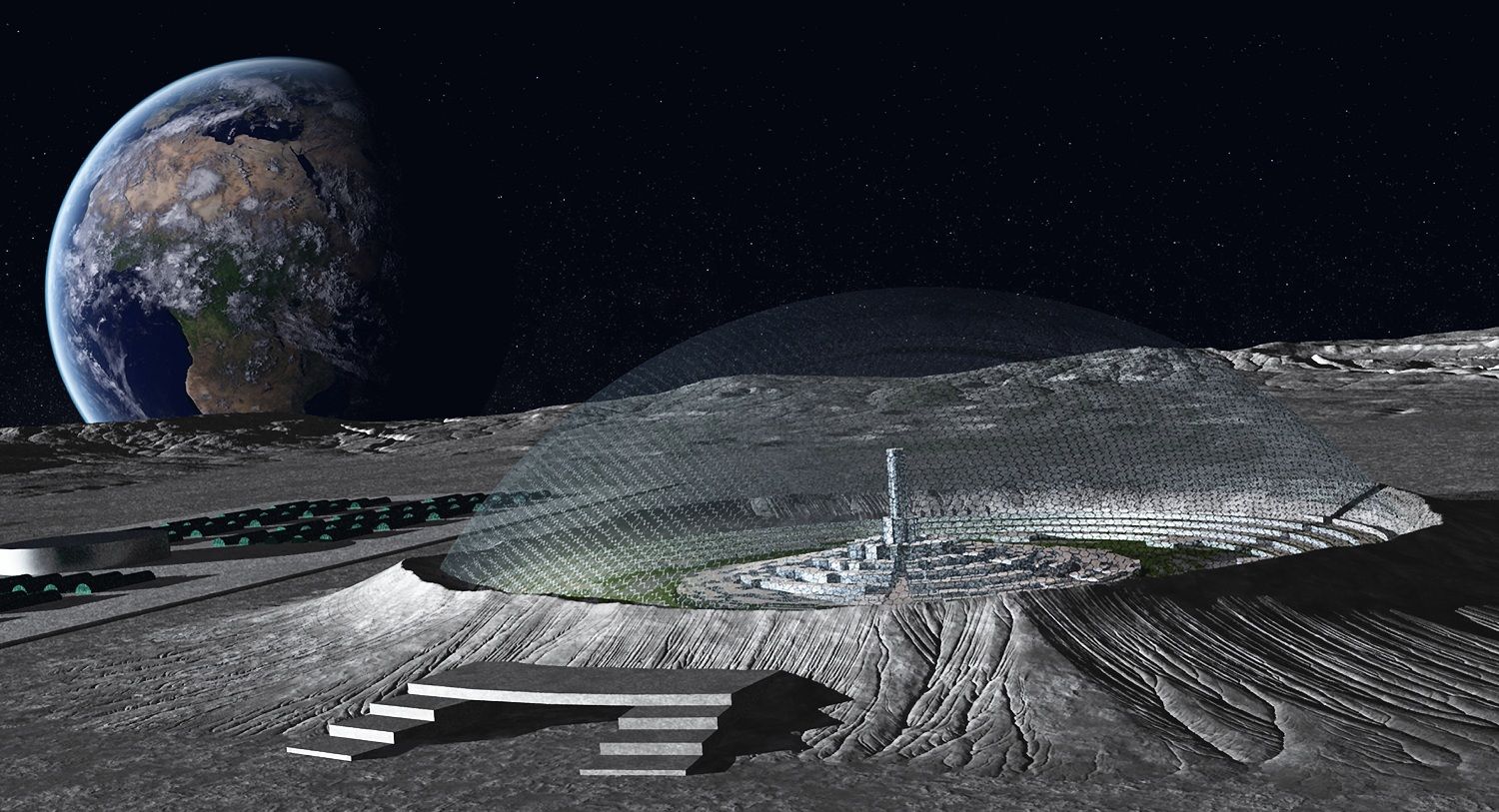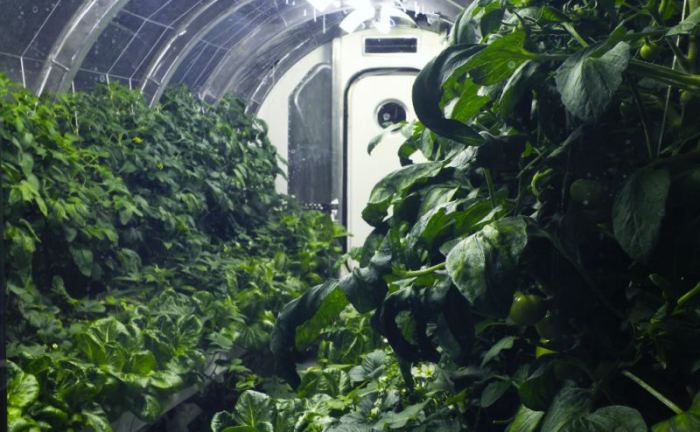NASA is all about solving challenges, and the goal of having a prolonged presence in space, or a colony on Mars or some other world, is full of challenges, including the necessity of growing food. Scientists at Kennedy Advanced Life Support Research are working on the Prototype Lunar/Mars Greenhouse Project to try and meet that challenge.
The Prototype Lunar/Mars Greenhouse Project (PLMGP) is all about growing vegetables for astronauts during extended stays on the moon, on Mars, or anywhere they can’t be resupplied from Earth. Beyond growing food, the Project aims to understand how food-growing systems can also be a part of life-support systems.
We’re working with a team of scientists, engineers and small businesses at the University of Arizona to develop a closed-loop system. The approach uses plants to scrub carbon dioxide, while providing food and oxygen,” said Dr. Ray Wheeler, lead scientist in Kennedy Advanced Life Support Research.
Read more
